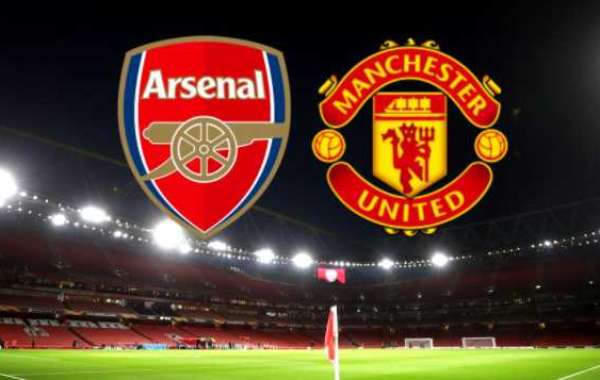Introduction:
In November 1989, a momentous event unfolded in Berlin, Germany, that would leave an indelible mark on the world - the fall of the Berlin Wall. The Berlin Wall, a symbol of division and oppression, had stood tall for nearly three decades, separating the city into East and West. Its demise not only marked the physical reunification of families and friends but also represented a significant political shift in Europe and paved the way for the end of the Cold War.
Description:
On the evening of November 9, 1989, the world watched in awe and disbelief as thousands of East Berliners flocked to the border crossing points at the Wall. The immediate cause of this unexpected mass gathering was a misunderstood announcement made by Günter Schabowski, a high-ranking official of the ruling Socialist Unity Party. During a press conference, he unintentionally stated that East Germans would be allowed to travel to the West "immediately, without delay." This statement spread like wildfire, igniting a sense of hope and anticipation among the divided population.
The news quickly reached the ears of the East Berliners, who had long yearned for freedom and a chance to explore life beyond the communist regime. They began converging at the checkpoints, clutching their passports and identification cards, ready to seize the opportunity that had unexpectedly presented itself.
As the evening wore on, the number of people at the Wall surged exponentially. The guards, overwhelmed by the sheer force of the crowd, found themselves at a crossroads - should they open the gates or stand firm against their own citizens? Sensing the mounting tension and fearing dire consequences, the commanding officers came to a decision that would forever alter the course of history. They ordered their subordinates to let the people through, effectively defying the orders of the ruling government.
And so, at the stroke of midnight, the first brave souls crossed over from the East to the West. Among cheers and tears of joy, families were finally reunited, long-lost friends embraced, and the scars of division began to heal. Watching from all corners of the world, people were in awe of this uniquely peaceful revolution taking place before their eyes.
In the days and weeks that followed, East and West Berliners celebrated with a spirit of unity and euphoria. The physical dismantling of the Wall commenced soon after, as ordinary citizens, equipped with hammers and chisels, began tearing down the colossal barrier that had separated them for far too long. People from all walks of life came together, united by the shared vision of a nation made whole again.
The fall of the Berlin Wall signaled not only the triumph of human will and determination but also the end of an era marked by fear and ideological confrontation. It paved the way for the reunification of East and West Germany on October 3, 1990, as the scars of division slowly healed, giving way to a new chapter of hope and possibilities.
Reprinted:The Fall of the Berlin Wall: A Monumental Shift in History








